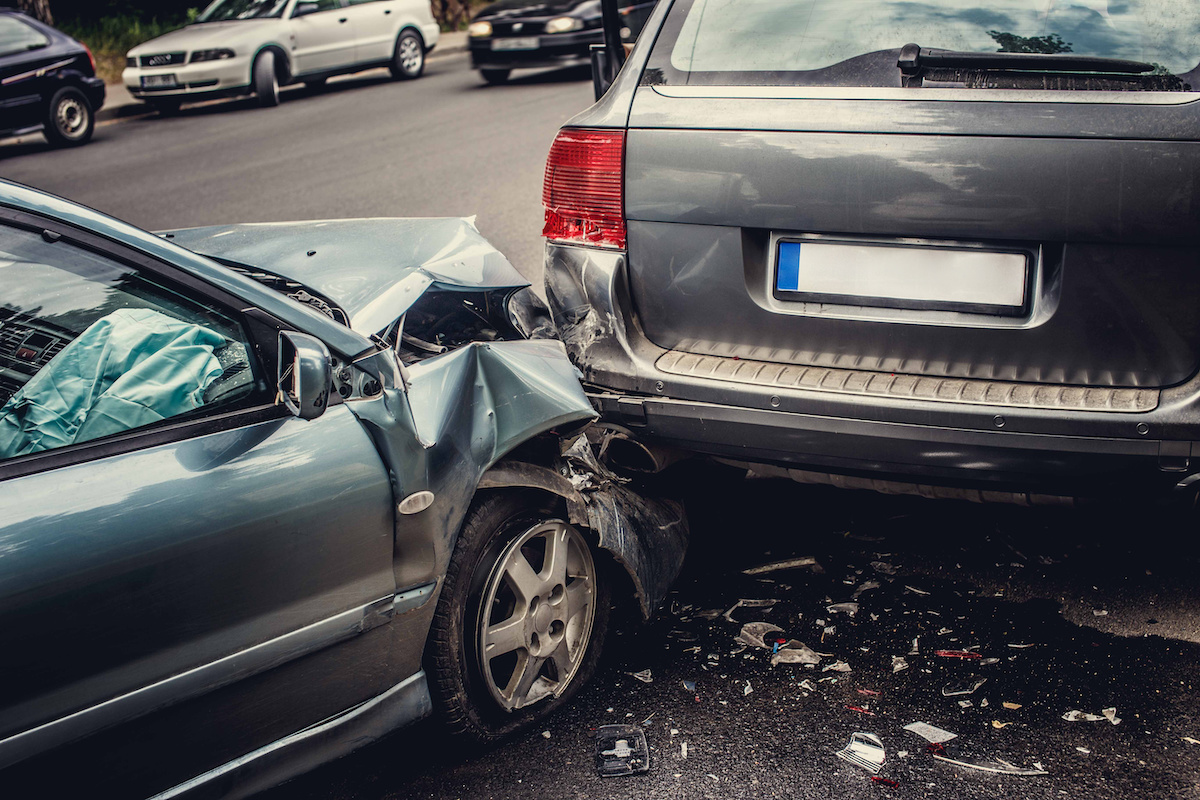The initial moments after an accident can be a whirlwind of confusion and panic. Recognizing the importance of knowing the right steps can drastically improve the outcome of a complex situation. Additionally, a clear understanding of Canadian accident laws is essential to ensure that your rights are protected during such unfortunate occurrences.
Types of Accidents in Canada
Accidents in Canada can take several forms, including motor vehicle accidents and workplace incidents. Motor vehicle accidents involve car collisions, motorcycle accidents, and pedestrian incidents. Workplace accidents may encompass slip and fall incidents, machinery accidents, and various occupational hazards.
Immediate Actions after an Accident
After an accident, ensuring the safety of yourself and others, seeking medical help immediately, reporting the accident to the authorities, and gathering evidence at the scene are crucial steps that can significantly impact any subsequent legal proceedings.
Understanding Canadian Personal Injury Laws
In Canada, personal injury laws revolve around principles of tort law and negligence. There is a statute of limitations for filing a lawsuit, and a system of comparative negligence is employed to determine responsibility and compensation.
Choosing the Right Legal Representation
Securing a skilled personal injury lawyer can make a significant difference to your case. Factors to consider when selecting a lawyer include experience, expertise, and reputation. Understanding legal fees and payment arrangements is also paramount.
Initiating the Legal Process
Filing a claim with insurance companies is often the first step. Depending on the circumstances, initiating a lawsuit and serving the defendant may follow.
The Discovery Process
The discovery process involves an examination for discovery, gathering additional evidence, and using expert witnesses and testimonies to strengthen your case.
Mediation and Settlement Negotiations
In some cases, disputes may be resolved through alternative dispute resolution methods, such as mediation. Negotiating a fair settlement and drafting a comprehensive release and settlement agreement are key steps in this process.
Going to Trial
If settlement negotiations fail, the case may go to trial. Preparing for trial involves assembling evidence, strategizing on presentation, and understanding cross-examination and rebuttal procedures.
Understanding Damages and Compensation
Damages can be economic or non-economic. Calculating compensation requires a comprehensive understanding of your losses, the impact of the accident on your life, and the applicable law.
Appeals and Post-Trial Motions
A dissatisfactory verdict may be challenged, a new trial sought, or the case may be taken to a higher court. This is a complex process that requires sound legal advice.
Dealing with Insurance Companies
Insurers often employ various tactics to reduce payout amounts. Avoiding common pitfalls and knowing how to deal with denied claims can help ensure a fair settlement.
Dealing with the Defendant’s Legal Team
Defense strategies may include attempts to minimize liability or deny responsibility. Overcoming these legal challenges and strengthening your case is vital for a favorable outcome.
Statutory Accident Benefits
Understanding the Statutory Accident Benefits Schedule (SABS) in Canada, knowing how to apply for accident benefits, and resolving disputes with insurers form an integral part of the process.
Handling Accidents Involving Government Entities
Cases involving government agencies or employees may entail additional steps, such as notifying the municipality or province and navigating specific legal requirements.
Recovering from Trauma
Beyond legal and financial considerations, coping with emotional distress, seeking psychological support, and rebuilding life after the accident are critical for holistic recovery.
Summary and Key Takeaways
It’s essential to recap the steps to take after an accident, understand the importance of legal representation, and empower yourself with knowledge to navigate this challenging time.
